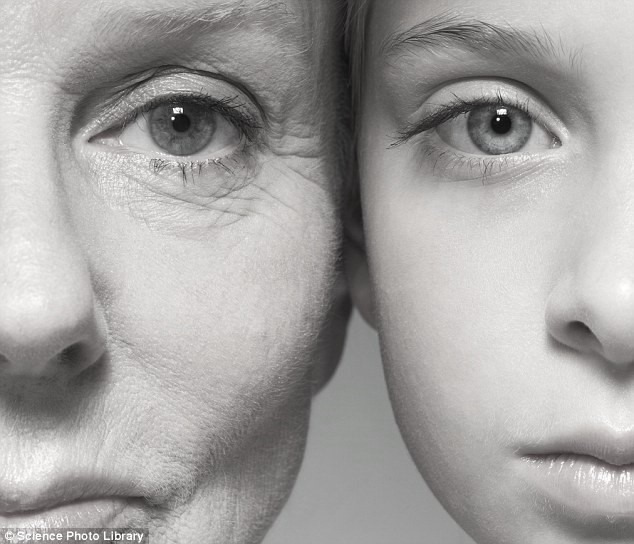Tretinoin, also known as Retin-A, is a topical medication that has been used for decades to treat acne and promote skin rejuvenation. This powerful medication is a form of vitamin A and works by speeding up the cell turnover process, allowing for new skin cells to form and old ones to slough off. But tretinoin isn’t just for acne – it also has anti-aging benefits. In this blog post, we’ll discuss the benefits of tretinoin for both acne and anti-aging.
Acne Treatment
Acne is a common skin condition that affects people of all ages. It occurs when hair follicles become clogged with oil and dead skin cells, resulting in pimples, blackheads, and whiteheads. Tretinoin is a powerful acne treatment that works by exfoliating the skin, reducing inflammation, and unclogging pores.
Tretinoin is particularly effective at treating blackheads and whiteheads, which are caused by clogged pores. By speeding up the cell turnover process, tretinoin helps to unclog pores, reducing the occurrence of blackheads and whiteheads.
Additionally, tretinoin has anti-inflammatory properties that can help reduce the severity of acne breakouts. Inflammation is a common factor in acne, and by reducing inflammation, tretinoin can help prevent new breakouts from forming.
Anti-Aging Benefits
In addition to its acne-fighting properties, tretinoin is also a powerful anti-aging treatment. As we age, our skin loses collagen and elastin, resulting in wrinkles and sagging skin. Tretinoin can help reverse these signs of aging by increasing collagen production and improving skin elasticity.
Tretinoin also helps to reduce the appearance of fine lines and wrinkles by increasing skin cell turnover. As new skin cells form, old ones slough off, resulting in smoother, more youthful-looking skin.
Finally, tretinoin can help improve skin texture and tone. As we age, our skin can become dull and discoloured. Tretinoin helps to brighten the skin and reduce the appearance of age spots, resulting in a more even skin tone.
Tretinoin is a powerful medication, and it’s important to use it correctly to avoid irritation and other side effects. Here are some tips for using tretinoin:
- Start slow: When first starting tretinoin, it’s important to start with a low concentration and use it only once to three times a week. This allows your skin to adjust to the medication without causing irritation.
- Use at night: Tretinoin can make your skin more sensitive to sunlight, so it’s best to use it at night. Be sure to use a broad-spectrum sunscreen during the day to protect your skin from UV damage.
- Avoid other irritants: Tretinoin can be irritating to the skin, so it’s best to avoid using other harsh skincare products, such as exfoliants or alcohol-based toners.
- Be patient: Tretinoin can take several weeks or even months to show results. It’s important to be patient and consistent with your use of the medication.
Conclusion Tretinoin is a powerful medication with numerous benefits for both acne and anti-aging. Whether you’re struggling with acne or looking to improve the appearance of fine lines and wrinkles, tretinoin can help. With its ability to unclog pores, reduce inflammation, increase collagen production, and improve skin texture and tone, tretinoin is a must-have in any skincare routine. Be sure to use it correctly and be patient – the results are well worth the wait!




